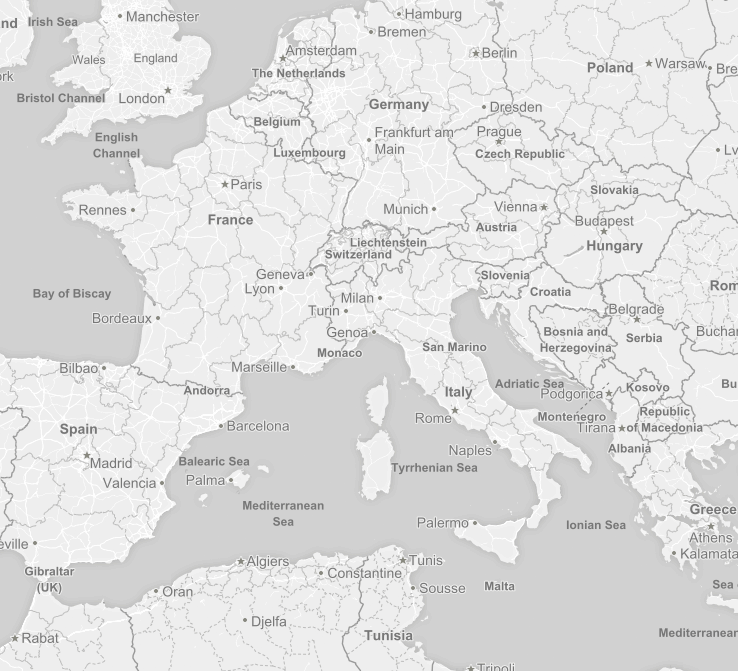Mr. Speaker, I want to bring to the attention of my colleagues the joint declaration adopted in Budapest on July 5 by representatives of the Hungarian Government and by representatives of Hungarian communities abroad- the so-called Hungarian-Hungarian summit declaration. The status of the various and sizable Hungarian minority communities in Romania, Slovakia, and Serbia are of considerable interest to many in Congress. How governments treat their minority communities is often a significant barometer of how they will treat their citizens as a whole, and a strong indicator of the progress of democratization in countries in transition. In fact, I remain concerned about the minority situation in each of these countries, and, as Chairman of the Helsinki Commission, have raised such concerns on a number of occasions.
Many hoped the Hungarian-Hungarian summit document would provide some useful insight into the concrete concerns of Hungarian minorities. Unfortunately, the summit document adopted in Budapest does not address the kind of specific and concrete issues that are usually raised with the Commission, such as minority language schooling or electoral districting. Instead, the declaration stands as a broad and somewhat ambiguous endorsement of `autonomy’ and `self-government.’ Those terms, guaranteed to alarm those already afraid of alleged Hungarian irredentism, were unfortunately left undefined, fostering the perception in some quarters that the declaration represents only a thinly veiled effort by Budapest to extend its influence beyond current Hungarian borders and, implicitly, to turn back the clock to the days when Hungarians were united in a single country.
I appreciate the Hungarian Embassy’s willingness to clarify for the Commission the underlying intent of his declaration. In particular, the Embassy asserted that the word `autonomy’ was in no way intended to signal `territorial autonomy.’ I also believe the declaration’s positive emphasis on the importance of the accession of all Hungary’s neighbors into NATO and the European Union should not be overlooked and, indeed, is especially important in light of the recent congressional debate on NATO expansion. Nevertheless, I believe that the declaration, through the use of wording that is ambiguous at best and, at worst, predictably inflammatory, stands in contradiction to Hungary’s stated goal of pursuing `good neighbor’ policies. Surprisingly, Hungary implies that its goal of gaining admission to NATO and other European organizations should be dependent on `the fundamental interests of Hungarian national communities abroad’–a message that suggests a qualified interest in accession to NATO.
Finally, I must note that concerns about this declaration were only heightened by the statement of the Hungarian representative to the OSCE in Vienna, Ambassador Martin Krasznai. In defending the use of the word `autonomy,’ Ambassador Krasznai presented the Basques, Catalans, and South-Tyroleans as positive examples of Europe’s experience with autonomous movements. The irony of these particular references was probably not lost on the representatives of Italy or Spain–especially in the wake of the numerous terrorist bombings attributed to Basque separatists last month.
Mr. Speaker, while a rare opportunity for discussion about real minority concerns may have been missed, I also see the Hungarian-Hungarian summit declaration as an aberration from the current government’s usually constructive approach. I will continue to follow the situation of minority communities in central Europe and the inseparable issue of the progress of democratization in general. As I do so, I hope that Hungarian representatives will join with the Commission in seeking to promote democracy for all the citizens of all the countries of the OSCE.




